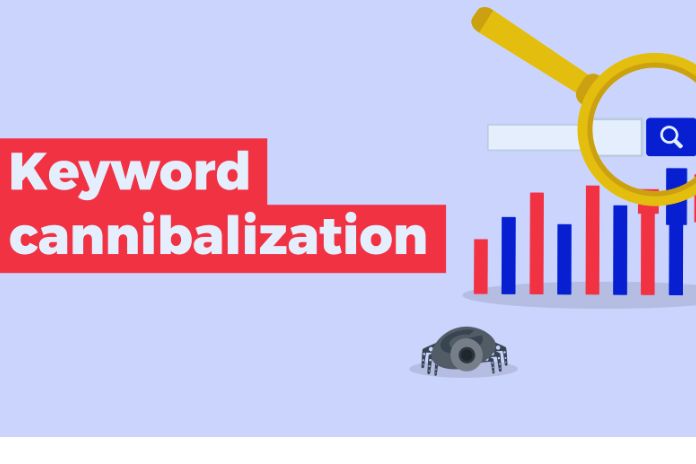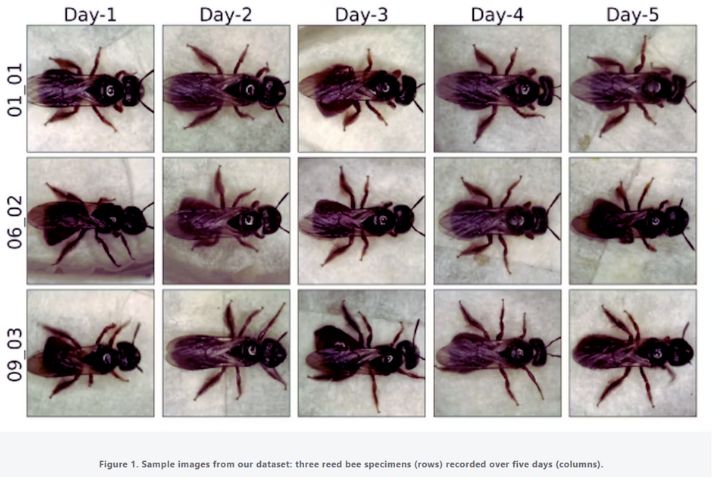Introduction to Keyword Cannibalization
Keyword cannibalization is a common SEO problem that occurs when multiple pages on a website target the same keyword or topic. Instead of helping your site rank higher, it can confuse search engines and dilute your ranking potential. In 2025, as SEO algorithms become smarter, understanding and resolving keyword cannibalization is essential for boosting organic traffic.
When two or more pages compete for the same keyword, Google may struggle to determine which page is more relevant, often resulting in lower rankings for all pages involved.
Why Keyword Cannibalization Happens
Several reasons can cause keyword cannibalization:
-
Multiple Pages Targeting the Same Keyword
This usually happens when content is created without a clear keyword strategy. For example, having two blog posts on “Keyword Cannibalization Tips” can lead to cannibalization. -
Product Pages vs Blog Posts
E-commerce sites often have product pages and blogs targeting the same keyword. Both pages can compete instead of supporting each other. -
Poor Internal Linking Structure
Without proper internal linking, search engines cannot understand which page is the most authoritative for a keyword. -
Updating Old Content Without Proper SEO Strategy
Republishing old posts or creating new pages on similar topics can accidentally cause keyword cannibalization.
Also read: Complete Guide to SEO in 2025-Tips, Strategies & Best Practices
Effects of Keyword Cannibalization on SEO
Keyword cannibalization can negatively affect your SEO in several ways:
-
Reduced Page Authority: Instead of one strong page ranking, multiple weak pages compete for the same keyword.
-
Lower Click-Through Rate (CTR): Multiple pages can appear in search results, confusing users.
-
Wasted Crawl Budget: Googlebot spends time crawling similar pages instead of discovering new content.
-
Loss of Backlinks: Links get split between multiple pages instead of concentrating on a single authoritative page.
How to Identify Keyword Cannibalization
1. Use Google Search Console
Check which pages are ranking for a specific keyword. If you notice multiple pages ranking for the same keyword with fluctuating positions, it’s a sign of cannibalization.
2. Conduct a Site Search
Type site:yourwebsite.com "target keyword" in Google. If multiple pages appear for the same keyword, it’s time to take action.
3. Use SEO Tools
Tools like Ahrefs, SEMrush, or Moz can help identify cannibalized pages by analyzing organic keywords and traffic distribution.
Types of Keyword Cannibalization
1. Blog-to-Blog Cannibalization
Occurs when two blog posts target the same keyword. This often happens in content-heavy websites.
2. Blog-to-Product Cannibalization
E-commerce sites often experience this when blog content competes with product pages for the same keyword.
3. Category Page Cannibalization
Category pages and subcategory pages can compete if they target similar keywords.
How to Fix Keyword Cannibalization
1. Merge Content
Combine two or more similar posts into one comprehensive page. Make sure to 301 redirect old URLs to the new one to preserve SEO value.
2. Update Internal Links
Use internal links strategically to signal to Google which page is the main authority for a keyword.
3. Use Canonical Tags
If two pages are similar but need to exist separately, canonical tags indicate which page should be considered the primary one.
4. Optimize URL Structure
Make URLs clear and keyword-specific to avoid overlapping topics.
5. Remove or Noindex Pages
If certain pages are redundant, you can either remove them or add a noindex tag to prevent search engines from indexing them.
Preventing Keyword Cannibalization
-
Keyword Mapping – Create a spreadsheet mapping each keyword to a specific page.
-
Content Audit – Regularly audit your website to identify overlapping content.
-
Clear Content Strategy – Plan content around target keywords without duplication.
-
Use Long-Tail Keywords – Target long-tail variations to avoid competing pages.
Real-World Examples of Keyword Cannibalization
Example 1: E-commerce Website
A clothing store had multiple pages targeting “summer dresses.” Google couldn’t decide which page to rank, and all pages ranked poorly. By merging pages and optimising internal links, rankings improved significantly.
Example 2: Blog Website
A marketing blog had two posts targeting “SEO strategies 2025.” Traffic was split between the two, reducing the overall performance. Consolidating content into a single authoritative post fixed the issue.
cannibalisation is a hidden SEO issue that can significantly impact your Google rankings if left unaddressed











Leave a Reply